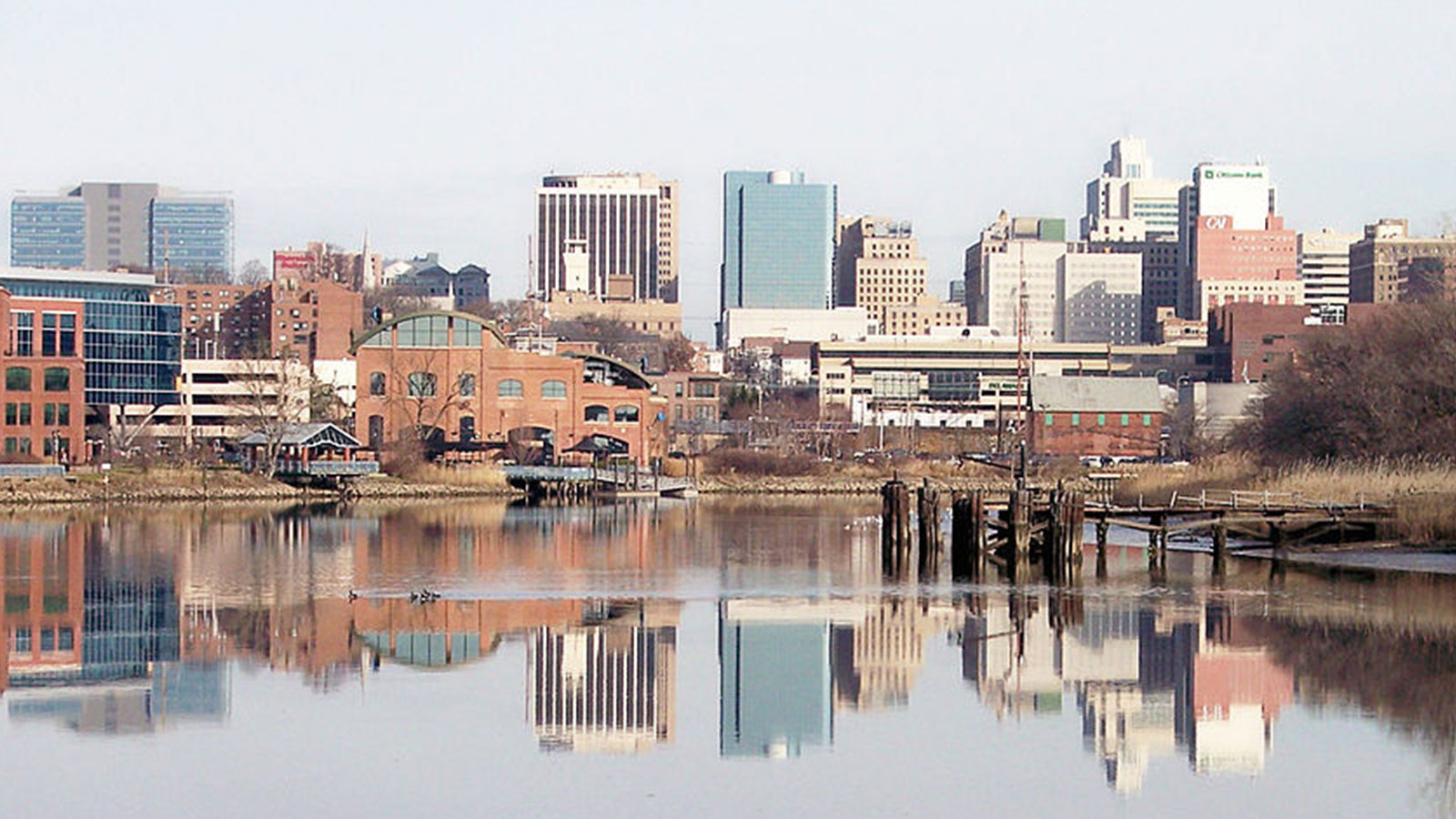The group will make recommendations on compensation for institutional discrimination against African Americans by mid-2023.
Citing systemic racial disparities, racist practices and procedures, and institutional discrimination against African Americans, Wilmington City Council has named a task force to explore the issue of reparations.
“This is not always just about money, but it is about a discussion,” said Councilmember Zanthia Oliver, who sponsored the resolution. “We’re talking about centuries of being oppressed. And everyone’s asked me, ‘What are we looking for?’ I mean, there’s no money that can answer this question… It’s just about being fair.”
The nine-member task force includes Bebe Coker, who has been a community activist in Wilmington for more than 50 years; Darryl Chambers, who leads the Youth Empowered to Strive and Succeed Program; and Coby Owens, a community coordinator and organizer for the Delaware NAACP.
“I’m just glad to see the names that’s on this task force,” Oliver said. “I’m sure that we will get a decent discussion out of this.”
The resolution creating the task force says the City Council selected the members “based on their issue area expertise in fields closely related to African American history, economic development, finance, and other related fields.” The resolution goes on to say the members have all “actively demonstrated an interest and expertise in efforts to promote diversity, equality, equity and understanding of civil and human rights, and to dismantle injustice, discrimination, bigotry, hatred, and harassment within the City.”
The panel will meet at least quarterly — if not more frequently — over the next few months. They’re expected to issue their findings and recommendations to City Council in 180 days.
The move follows similar efforts elsewhere, including in California, where a statewide task force formed after the police killing of George Floyd in Minneapolis issued a 500-page report that recommended reparations among a host of other measures to correct the wrongs experienced by African Americans over the course of U.S. History.
The town of Evanston, Illinois, just outside of Chicago, has approved a system of reparations specifically for the barriers Black residents faced when trying to buy a home. Only residents who lived in the town before 1969 are eligible for the $25,000 grant payments, which can be used only for home repairs, to pay down a mortgage, or as a down payment on a house.
Source: WHYY
Featured image: Wilmington, Delaware (Tim Kiser/Wikimedia Commons)















